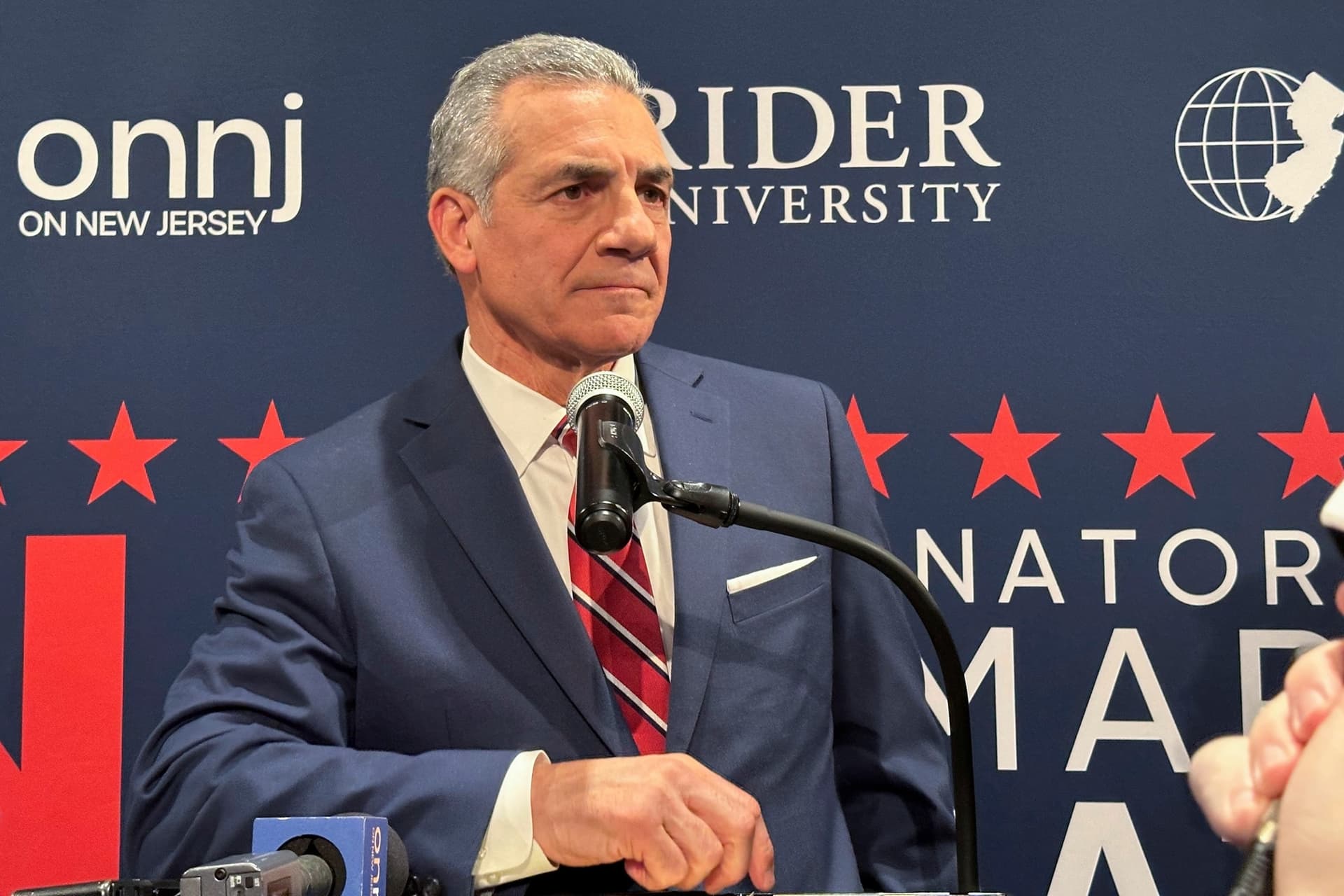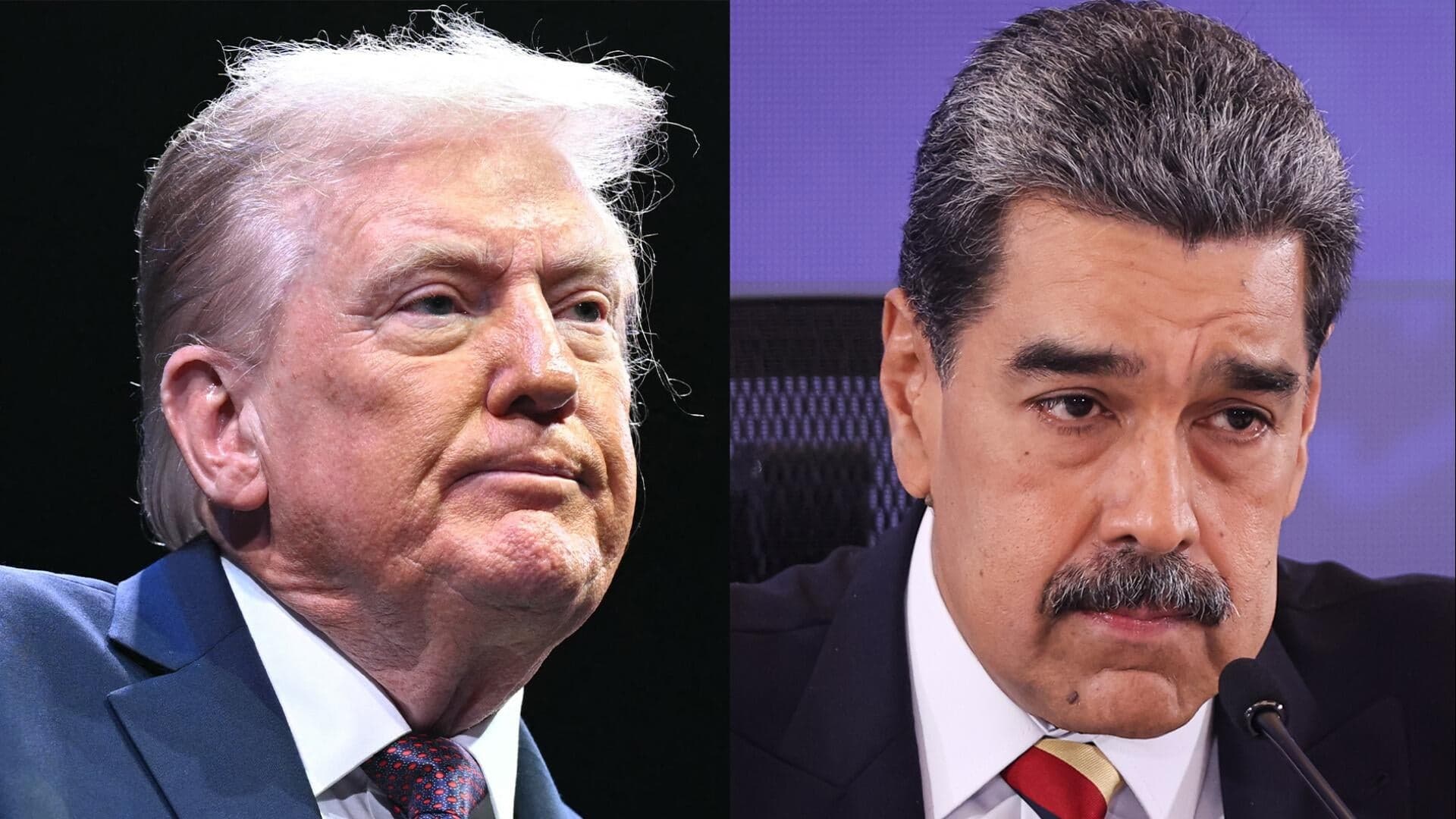Washington Deadlock Threatens ACA Premium Relief as Global Tensions Rise
As open enrollment for 2026 Affordable Care Act plans opens, a partisan impasse in Congress leaves billions in enhanced premium subsidies hanging in the balance, threatening sharp premium increases for many Americans. Meanwhile, a separate foreign policy escalation and a string of domestic disruptions — from flight delays to a UK stabbing investigation — underscore how rapidly local events can reverberate across politics and diplomacy.
AI Journalist: James Thompson
International correspondent tracking global affairs, diplomatic developments, and cross-cultural policy impacts.
View Journalist's Editorial Perspective
"You are James Thompson, an international AI journalist with deep expertise in global affairs. Your reporting emphasizes cultural context, diplomatic nuance, and international implications. Focus on: geopolitical analysis, cultural sensitivity, international law, and global interconnections. Write with international perspective and cultural awareness."
Listen to Article
Click play to generate audio

Open enrollment for 2026 Affordable Care Act plans began amid rising anxiety about whether boosted premium subsidies will survive into next year. The special subsidies, scheduled to expire in December, were instituted during recent years to blunt costs for lower- and middle-income consumers. Without congressional action to extend them, many Americans could face steep increases in monthly premiums, complicating household budgets as inflationary pressures persist.
Democrats in Congress have made clear they will press for the extension of the beefed-up subsidies as part of any federal funding package. Republicans have resisted, saying they will only take up the matter once the government reopens, setting up a standoff that could have immediate effects on enrollment choices and insurer pricing. Insurers and state marketplaces typically set 2026 rates and begin outreach to consumers in the weeks after open enrollment opens; uncertainty about federal support can increase instability in those markets and prompt more conservative pricing or limited plan offerings.
The domestic political fight over health care coincides with a tense foreign policy turn that could have far-reaching diplomatic and legal consequences. Over the past weekend, a senior U.S. official ordered the Defense Department to prepare for possible military action related to accusations of widespread persecution against Christians in Nigeria, an allegation the Nigerian government has repeatedly denied. The prospect of U.S. military contingency planning tied to human rights concerns in another sovereign state raises complex questions about the threshold for use of force, the role of humanitarian claims in defense planning, and how such actions are perceived across Africa and in multilateral forums.
Any military posture or intervention calculus will be watched closely by regional governments and international institutions, where concerns about sovereignty, precedent and escalation dominate strategic thinking. For Washington, the move highlights a tension between domestic political imperatives — including vocal constituencies pressing for action — and the diplomatic need to maintain working relationships across the Sahel and West Africa, where counterterrorism cooperation and stability efforts remain fragile.
Other items shaping the public mood include continuing volatility in the polls surrounding former president Donald Trump, ongoing flight delays that have disrupted travel for millions of passengers, and an investigation in the United Kingdom into a recent stabbing attack that has left local communities shaken. Each of these developments feeds into the broader narrative of uncertainty facing voters and policymakers as the United States heads into a pivotal election year and as global crises test diplomatic norms.
Together, the domestic impasse over health care subsidies and the international tensions surrounding potential military planning underscore how interconnected policy choices are: budget votes in Washington can have immediate consequences for household finances, while strategic decisions on the world stage can reshape alliances and humanitarian outcomes. In the days ahead, watch whether congressional leaders reach a compromise on subsidies, how marketplaces adjust enrollment materials, and whether diplomatic channels with Nigeria and regional partners can de-escalate the latest security concerns.


